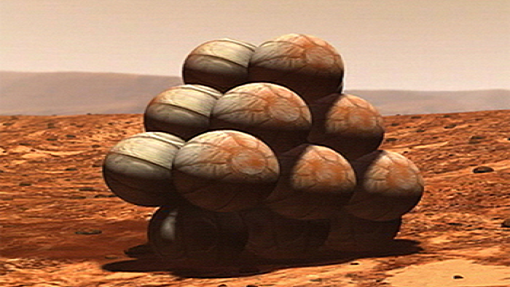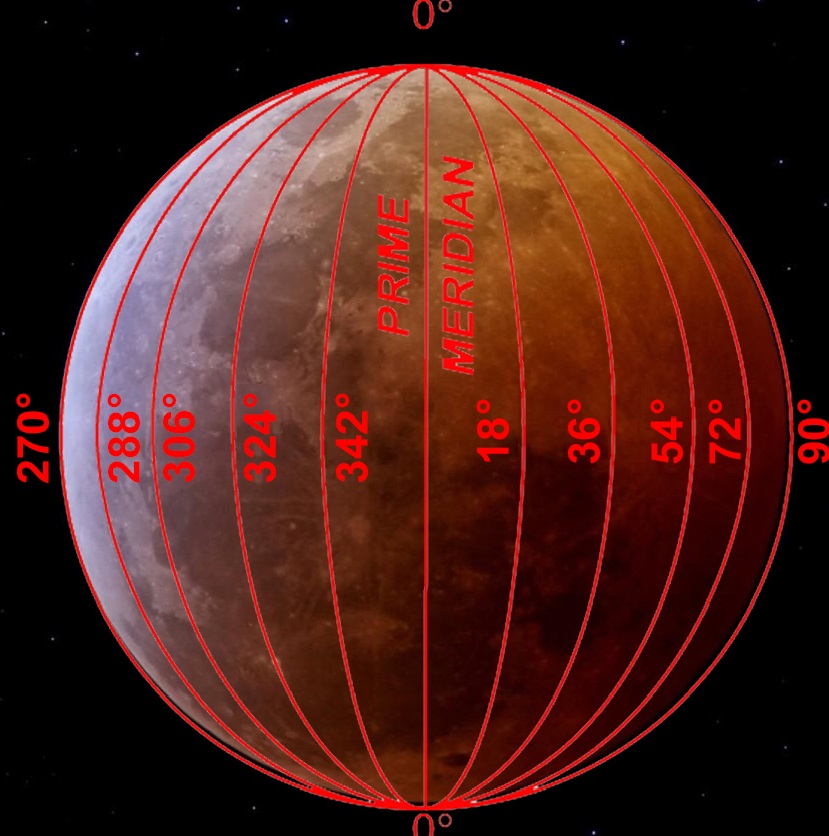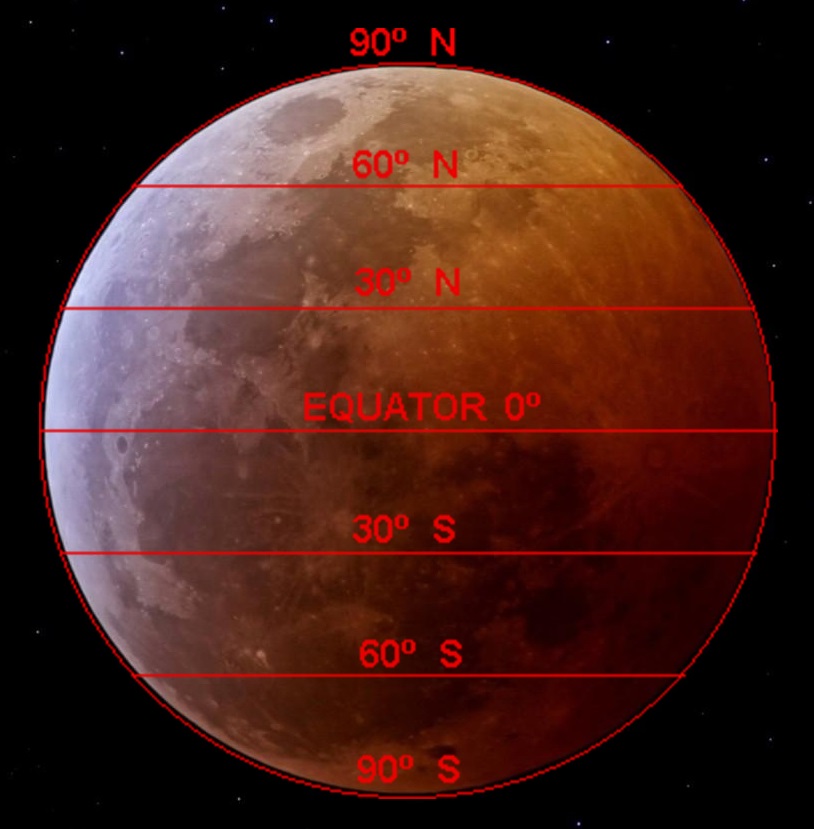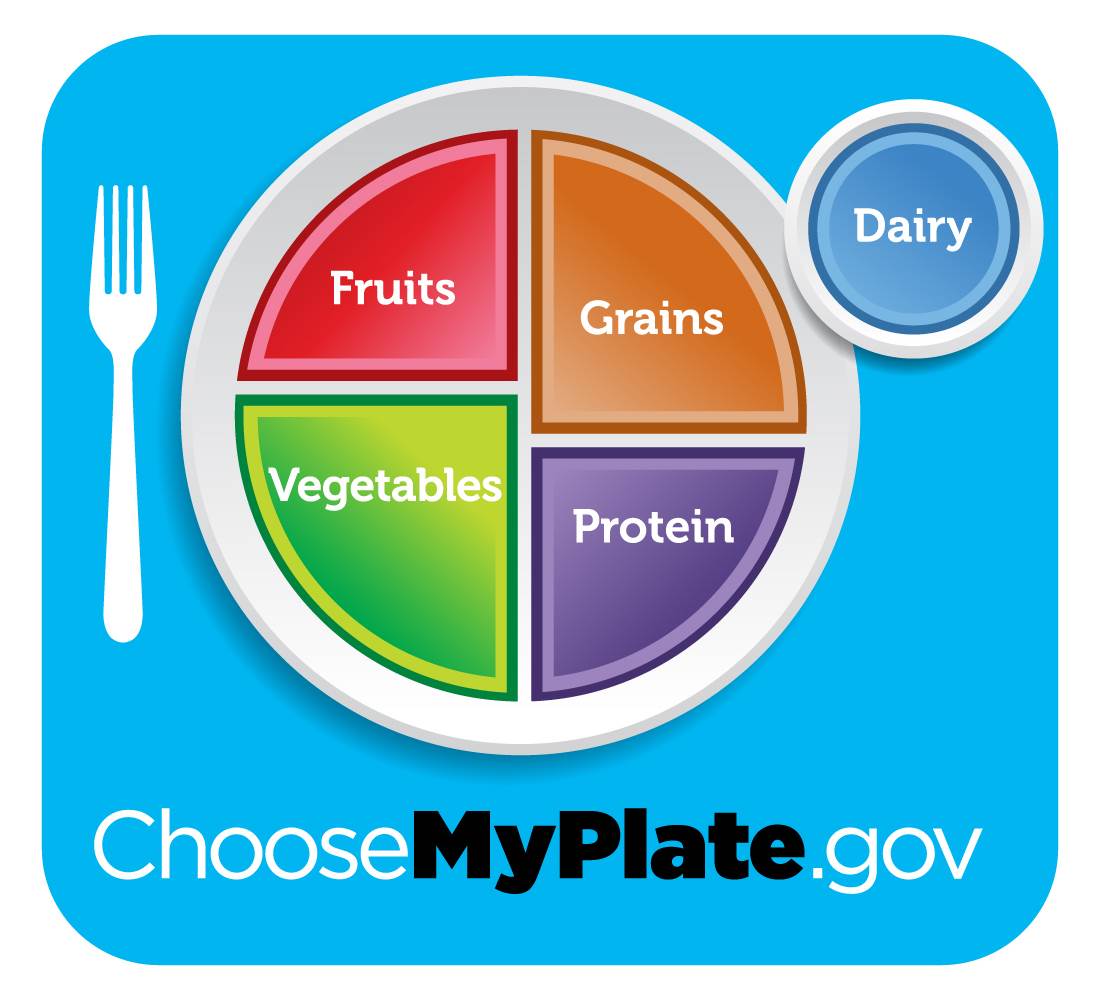2020 METS Mission
The 2020 Mission to Mars is going virtual this year.
Join us for eight days of engaging activities as we carry out the Mars Exoplanet Transient Satellite (METS) Mission online for 4th – 6th grade students.
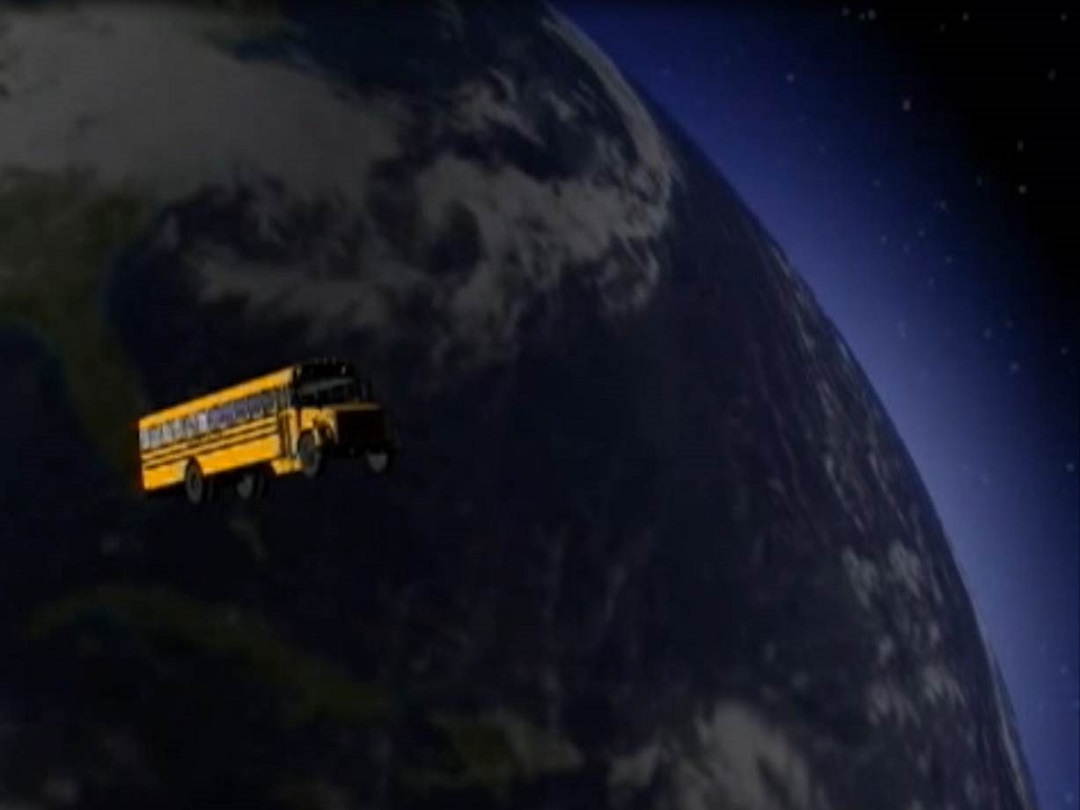
Virtual Mission to Mars
What do we mean by a “virtual” mission? Watch our introductory mission video to get a better idea of the experience we’re planning for students.
This year, in addition to involving 5th grade students whose classroom teachers previously signed up to participate, we are opening participation to any student in 4th – 6th grade.
We’d like a parent or guardian to register each student so we have a way to communicate and quantify the number of participants.
A link to the registration form is beneath the image showing this year’s mission theme, found directly below.

Mission Theme Description
Student Registration Now Closed
for 24 April 2020 Virtual METS Mission
Mission Introduction
Content Standard Alignment
The mission begins . . .
Houston, we’ve got a problem!
One of the supply landers that arrived before our colonists has landed in the wrong spot on Mars! It appears that the supply lander is near Jezero Crater. We have been watching that area because NASA has selected it as the landing site for the Mars 2020 rover mission.
Jezero Crater is thought to have once been a lake that was as deep as 250 meters (830 feet). Scientists would like to examine the layers of sediment in the crater and the river deltas. Our supplies landed in a nearby basin that may once have been part of a vast ocean.
The 2020 METS Mission will take place over eight weekdays, with different tasks to complete each day. Read the instructions for each mission task and then work on completing the task. Check out the Mission Schedule for a complete listing of days and tasks.
Mission Schedule
When you have an answer or solution for a completed task, you may be asked to share it with us or keep your answers handy to use during the virtual Link-up Day event.
Share Using a Webpage Form
For some tasks we ask you to share, there will be a button on this webpage that takes you to a form. Fill out the form and submit your answer.
Share via Email
For some tasks we ask you to share, we will ask you to email your solution to our organizational email – stem@afrlnewmexico.com
Will you be part of the crew that completes this mission?
(Note: Ask your parent or guardian to fill out the form above to register you for the mission.)
2020 METS Mission – Day 1
15 April 2020
Tasks
Lander Location Clue #1
Mars Investigation #1
Lander Location Clue #1:
The longitude of Jezero Crater is 77.52 degrees. The longitude of the supply lander is 10.88 degrees greater than the location of Jezero Crater.
What is the longitude of the lost supply lander?
Mars Investigation #1
You’re heading on a mission to Mars. To make decisions as you prepare for the mission you’ll need to know something about the planet you’re going to. Here are your research questions for the day:
What was the planet Mars named after?
What color do you see when you look at a picture of Earth? What colors do you see when you look at a picture of Mars? Why?
How far away from the sun is Earth (average distance)?
How far away from the sun is Mars? (average distance)?
Mars Investigation Resources
Keep a log of Mars facts as you find them while conducting each Mars Investigation. You will use your knowledge of Mars to create a riddle and to answer other riddles as part of a Kahoot! game on our virtual event day.
2020 METS Mission – Day 2
16 April 2020
Tasks
Lander Location Clue #2
Mars Investigation #2
Lander Location Clue #2:
The latitude of Jezero Crater is 18.86 degrees. The latitude of the supply lander is 4.96 degrees less than the location of Jezero Crater.
What is the latitude of the lost supply lander?
Mars Investigation #2
You’re heading on a mission to Mars. To make decisions as you prepare for the mission you’ll need to know something about the planet you’re going to. Here are your research questions for the day:
What is the gravity on Mars compared to Earth (what percent)?
What would a person who weighs 100 pounds on Earth weigh on Mars?
What would you weigh on Mars?
Mars Investigation Resources
Keep a log of Mars facts as you find them while conducting each Mars Investigation. You will use your knowledge of Mars to create a riddle and to answer other riddles as part of a Kahoot! game on our virtual event day.
2020 METS Mission – Day 3
17 April 2020
Tasks
Lander Location Clue #3
Mars Investigation #3
Lander Location Clue #3:
Decode the “word” written below using ASCII code to find out if the supply lander’s latitude is north or south:
76, 97, 116, 117, 100, 101, 32, 78, 111, 114, 116, 104
ASCII Code Table
Is the lost supply lander north or south of the equator?
Mars Investigation #3
You’re heading on a mission to Mars. To make decisions as you prepare for the mission you’ll need to know something about the planet you’re going to. Here are your research questions for the day:
How long is a year (in Earth days) on Earth?
How long is a year (in Earth days) on Mars?
How long are the seasons on Mars?
How old would you be in Mars’ years?
Mars Investigation Resources
Keep a log of Mars facts as you find them while conducting each Mars Investigation. You will use your knowledge of Mars to create a riddle and to answer other riddles as part of a Kahoot! game on our virtual event day.
Mars Investigation Bonus Challenge
Landers are spacecraft that land on a planet but do not move away from where they landed. Rovers are spacecraft that are built to drive around a planet and collect information. How many rovers have successfully moved around on Mars? What are their names?
Use NASA’s Mars Trek to find where the rovers are currently located on Mars.
Mars Trek Rover Location Instructions
Supply Lander Location
Use your answers from the Tasks you completed above and the topographic Mars map below to identify the location of the supply lander.

Mars Supply Lander Location Form
(Complete the form and submit your answer for the location of the Mars Supply Lander.)
2020 METS Mission – Day 4
20 April 2020
Tasks
Life Support System
Mars Investigation #4
So, you are going to build a colony on Mars! Have you thought about what you will need to live there?
You will have to apply your knowledge of both Earth and Mars to create solutions for living on Mars. Also, your solutions may help us solve environmental problems here on Earth.
You may have to do a little research about Mars before you are ready to begin.
Life Support System
We have identified eight important life support systems that are crucial to successful human settlement on Mars. They are:

Air Supply

Temperature Control

Communication

Transportation

Food Supply

Waste Managment

Recreation

Water Supply
Click on the button below each life support system symbol shown to find guidelines and details to help you design your life support system.
For this task you must complete the following:
Select one life support system.
Research facts about Mars that affect your life support system. Why can’t we do the same thing on Mars that we do on Earth? What are we missing on Mars? Are there other things on Mars that we can use to make our system work?
Explore how the system requirements are met for us on Earth.
Design a life support system that can be used in your Mars colony. Decide how it will operate and what it will contain.
You can sketch a design of your life support system on paper or on the computer or you can build a model using materials you find around the house. Your model does not have to actually function.
Email a picture of your life support system design, along with a paragraph explaining your design, to us at: stem@afrlnewmexico.com
Mars Investigation #4
You’re heading on a mission to Mars. To make decisions as you prepare for the mission you’ll need to know something about the planet you’re going to. Here are your research questions for the day:
Does Mars have any moons? If so, how many?
What are the names of any Mars’ moons?
How big are Mars’ moons?
Mars Investigation Resources
Keep a log of Mars facts as you find them while conducting each Mars Investigation. You will use your knowledge of Mars to create a riddle and to answer other riddles as part of a Kahoot! game on our virtual event day.
2020 METS Mission – Day 5
21 April 2020
Tasks
Mission Patch
Mars Investigation #5
Mission Patch
One of the first things a crew does at the beginning of a mission is design a mission patch. This team-building activity serves as a method of getting to know one another. Each person on the crew is identified and the purpose of the mission is incorporated into the group design.
Click each of the four mission patch buttons to read about the patch and what each element (shape, colors, pictures, text, and names) mean.



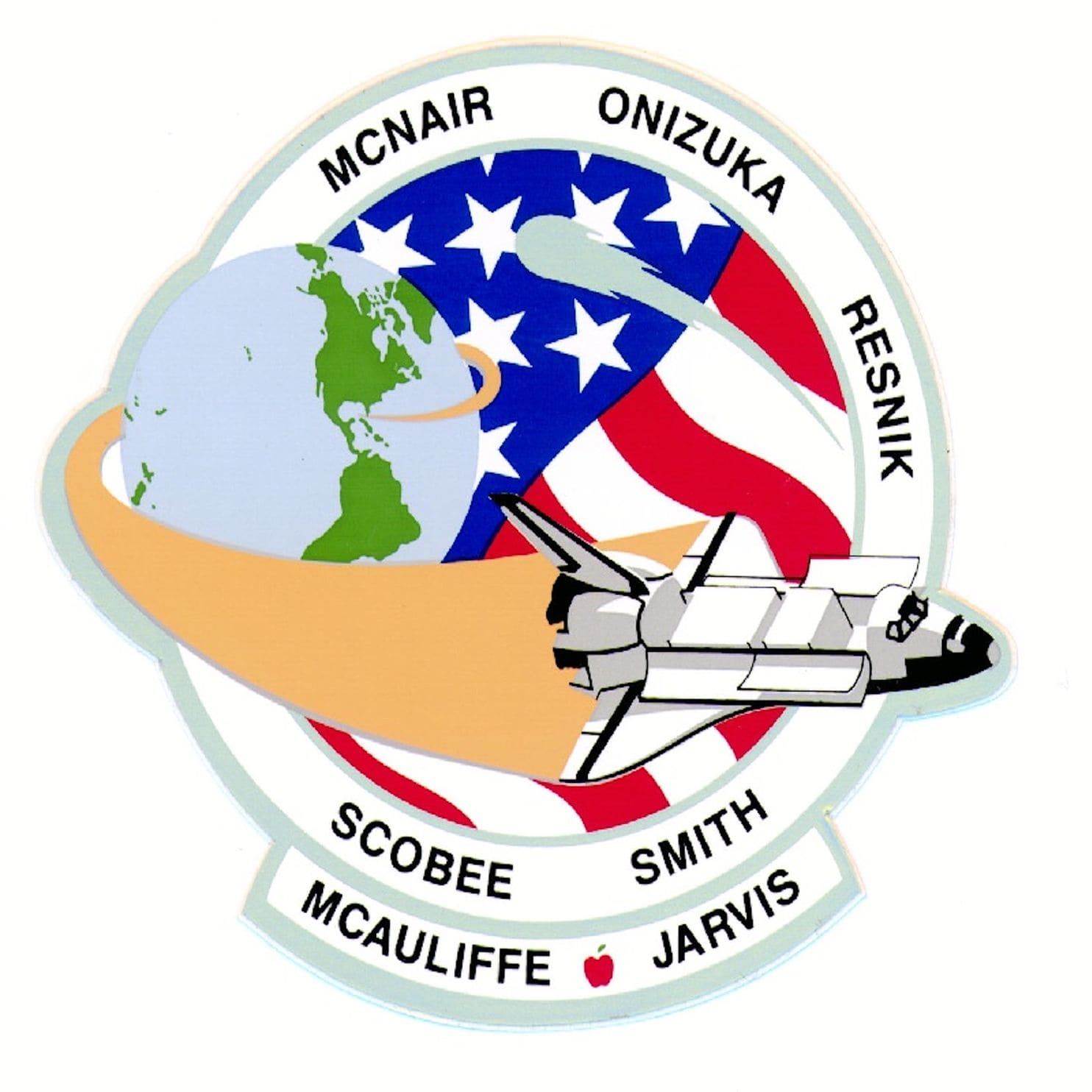
After reviewing these existing mission patches, design your own mission patch for the 2020 METS Mission that depicts the special properties of your crew. Be sure to think about the following:
Name of Mission
Mars Exoplanet Transient Satellite (METS) Mission
Experiments Scheduled
What life support system did you design?
Mission Objective
Click the METS Mission picture above for details.
Flags or Colors
What flags or colors represent the crew?
Names of Crew Members
a
Shape and Size
Decide the shape and size for your mission patch.
You can design your mission patch on paper or on the computer.
Email a picture of your mission patch design, along with a paragraph explaining your design, to us at: stem@afrlnewmexico.com
Mars Investigation #5
You’re heading on a mission to Mars. To make decisions as you prepare for the mission you’ll need to know something about the planet you’re going to. Here are your research questions for the day:
What is the diameter of Mars’ equator?
What is the diameter of Earth’s equator?
Divide the diameter of Mars’ equator by the diameter of Earth’s equator. Now move the decimal point in your answer two places to the right to get the percent size of Mars compared to Earth. What is it?
Mars Investigation Resources
Keep a log of Mars facts as you find them while conducting each Mars Investigation. You will use your knowledge of Mars to create a riddle and to answer other riddles as part of a Kahoot! game on our virtual event day.
2020 METS Mission – Day 6
22 April 2020
Tasks
Mars Fact Riddle
Mars Investigation #6
Mars Fact Riddle
Now that you have learned some facts about Mars, it’s time for you to apply what you know. You will be tested on your knowledge of Mars during the virtual Link-up Day event on Friday, 24 April 2020. We will be creating a Kahoot! game where you can find out how well you know Mars. We are looking for Mars fact questions from our participants to include in the game.
Here is an example of a Mars fact riddle:
Plants love me and I also make up most of Mars’ atmosphere.
What am I?
A. Silicon
B. CO2
C. Oxygen
D. H2O
Think about the Mars facts you have learned. Then create a multiple choice riddle using one of the facts about Mars. Don’t forget to include four possible multiple choice answers with your riddle.
We will include as many riddles as we can in the Kahoot! game on Friday.
Mars Fact Riddle Form
(Complete the form and submit your Mars Fact Riddle and multiple choice answers.)
Mars Investigation #6
You’re heading on a mission to Mars. To make decisions as you prepare for the mission you’ll need to know something about the planet you’re going to. Here are your research questions for the day:
What is the temperature range on Mars?
How does this compare to the temperature range on Earth?
Could you wear the same clothes on Mars that you wear on Earth?
Is there liquid or frozen water on Mars?
What is the northern polar cap on Mars made of?
What is the southern polar cap on Mars made of?
Mars Investigation Resources
Keep a log of Mars facts as you find them while conducting each Mars Investigation. You will use your knowledge of Mars to create a riddle and to answer other riddles as part of a Kahoot! game on our virtual event day.
2020 METS Mission – Day 7
23 April 2020
Tasks
Martian Habit
Mars Investigation #7
Martian Habitat
As you’ve been studying facts about Mars, you have probably been thinking about what it would be like to live on Mars. Where would you live? What would your habitat (“house”) look like?
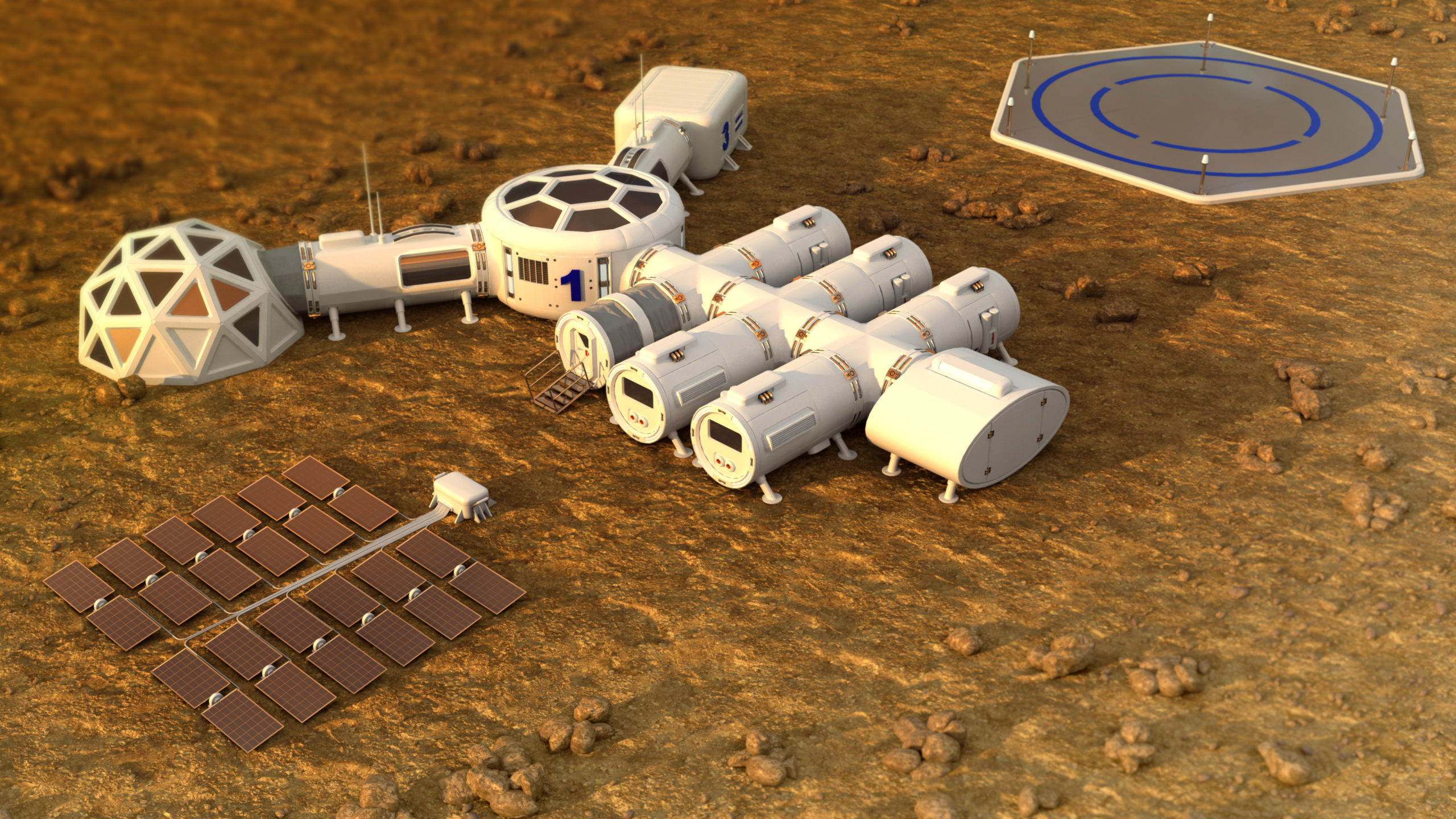
How would you build a habitat on Mars that:
Protects you from the harsh Martian environment
Will accommodate all 8 life support systems
Can be built using materials that you either bring with you or find on Mars
Let’s look at some habitat ideas that others have had.
Martian Habitat Designs
Now it’s your turn to design a habitat.
As you work on your design, some other requirements you might consider include:
Separate living quarters and work areas
A way to get in and out
A way to link to other habitats or expand the colony
You can draw a picture or blueprint of your design. You can also build a desktop model of your design using simple materials such as cardboard, construction paper, or even items that you throw away. Or you can create a simulation of your design using items you have around the house such as boxes, furniture, or blankets.
For your model or simulation, include an explanation of the design and what materials are represented.
Email a picture of your Martian Habitat design, along with a paragraph explaining your design, to us at: stem@afrlnewmexico.com
Mars Investigation #7
You’re heading on a mission to Mars. To make decisions as you prepare for the mission you’ll need to know something about the planet you’re going to. Here are your research questions for the day:
What gases make up Mars’ atmosphere? Which one makes up the highest percentage?
Could you breathe in Mars’ atmosphere?
What is the surface pressure on Mars?
How does Mars’ surface pressure compare to Earth’s?
Mars Investigation Resources
Keep a log of Mars facts as you find them while conducting each Mars Investigation. You will use your knowledge of Mars to create a riddle and to answer other riddles as part of a Kahoot! game on our virtual event day.
2020 METS Mission – Day 8
24 April 2020
Tasks
Lunch on Mars
Mars Investigation #8
Virtual Link-up Day Event(
Lunch on Mars
When we think about what we will have for lunch we usually only think about two things: what we want to eat and whether we have it in the house. Sometimes we forget about other important aspects of meal planning such as:
Does it provide the nutrients that our body needs without adding a lot of substances that we don’t need?
How much waste will this meal generate (parts we don’t eat, packaging)?
Now think about planning a lunch on Mars.
Do you still need nutritious food to stay healthy?
Where does the waste go on Mars? On Earth we have big landfills and trash in our streets and oceans. Do you think we should do that on Mars?
How will you get your food on Mars? Do you have to transport it from Earth?
Lunch on Mars Planning Guidelines
Your task is to plan a lunch for today that meets the following requirements:
Nutritionally complete including something from each of the 4 basic food groups:
- Breads / cereals
- Fruits / vegetables
- Dairy products
- Meat / fish / protein
At least 8 ounces, by weight, of fluid.
The total weight of food and liquid must be less than 20 ounces.
The total weight of your container that holds all your food must be less than 2 ounces.
The weight of your waste should be less than 2 oz.
Plan your Lunch on Mars using the guidelines provided. List all of the parts of your lunch along with their weights.
Lunch on Mars Form
(Complete the form and submit your Lunch on Mars plan.)
Mars Investigation #8
You’re heading on a mission to Mars. To make decisions as you prepare for the mission you’ll need to know something about the planet you’re going to. Here are your research questions for the day:
What is the tallest mountain on Earth? How tall is it?
What is the tallest mountain on Mars? How tall is it?
What is the tallest mountain on any planet in our solar system? How tall is it?

